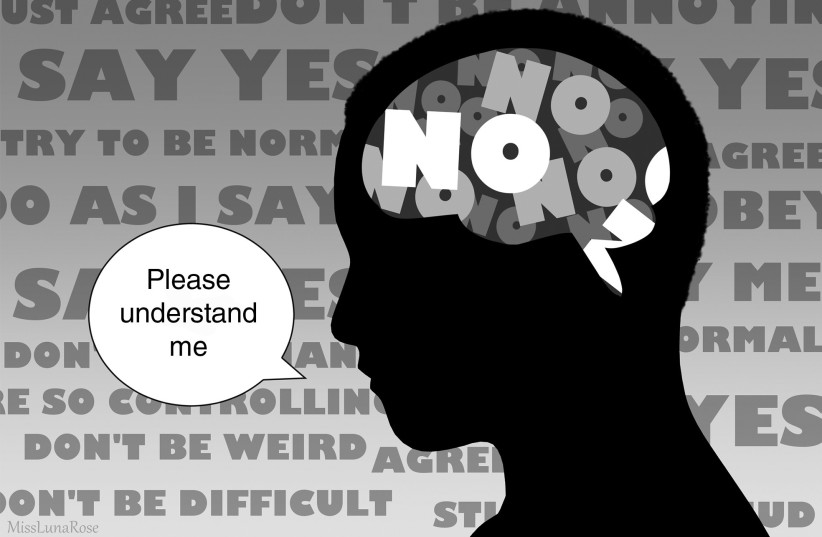How many times in your life have you been told or advised, “Just try to be yourself”?
I am sure like many people, you have heard this advice from loved ones or friends perhaps before going on a job interview, meeting people for the first time, going on a date or giving a presentation to a group of people.
Although this is well-meaning advice, for many people it is not so simple to follow or, for that matter, even to understand. For many psychotherapy clients, issues of being oneself are at the core of their emotional difficulties.
For example, there are people who grew up in families where they learned to detach from their own real needs or self-expression in order to please a narcissistic parent. Others grew up in a family which was going through a crisis and, as a result, took over some of the parental role. Other examples include suppressing one’s true individuality because of an abusive environment or trauma that one has faced in his/her life.
Often, people put their true self needs under wraps in order to cope with very difficult and painful circumstances. One man I treated had a father who was very strict in his religious observance and pushed his son to conform to his demands in a very rigid and controlling manner at a very early age. The young man came to me with all types of anxieties and, I believe, repressed anger that he had no idea he even had.

As a result of therapy, I was able to help him to get in touch with his real self-feelings that he had learned to suppress in order to survive growing up in such an emotionally abusive and insensitive environment.
Below, I outline some strategies that can help people to be themselves.
Know yourself
Our beliefs about who we are, are formed during our childhood. The real question that needs to be asked is whether those beliefs are in fact really true. For many people, either some part or a large part of their true self is buried inside. Knowing yourself – the real you – whether through therapy or other means is where the search for self begins.
Let go of negative talk
Many of my clients limit themselves by holding on to a negative self-monologue. Examples include: “I’ve always been like this way” or “I’ve always been like this and can’t change.” One woman I treat believes that she always has to help others in order to be worthy of love. Her goal in therapy was to learn to recognize this belief and challenge it.
Focus on your strengths
Replace negative thoughts and beliefs about yourself with positive, more empowering thoughts. Ask yourself, “What are the things I am good at and what do I truly enjoy?” Too often, people don’t ask these questions and don’t even know that they have a right to do so.
Stop living in the past
Your past doesn’t have to define you. Learn how to let go of the guilt that prevents you from trying new behaviors.
Stop caring about what others think
It’s human nature to want to fit in and get approval from others. However, what others think or expect from you is more of a reflection of them, rather than you. Try to focus on what will make you happy. This doesn’t mean that you completely disregard other people’s feelings, however.
What I am recommending is a balanced view. There needs to be room for you to find your own happiness and fulfillment.
Be open to change
To be yourself, you must actually allow yourself to change. In fact, human beings are open systems and capable of change and growth throughout their lives.
Be vulnerable
Part of being yourself is being honest with yourself about what you feel and what you would like to do in your life. This may be scary, but the end result may be new opportunities to fulfill things you have suppressed for too long.
Get out of your comfort zone
All growth starts at the end of your comfort zone. It takes courage to make changes and really be yourself, but leaving your comfort zone is how we make rewarding changes in our lives.
Remember, life is too short to spend time with people who cannot accept you for who you are. Look for people, friendships and relationships that build you up, not hold you back.
The writer is a marital, child and adult cognitive-behavioral psychotherapist and consultant with offices in Jerusalem and Ra’anana. He also conducts sessions online. www.facebook.com/drmikegropper; drmikegropper@gmail.com
